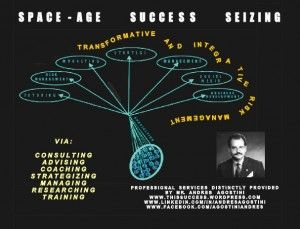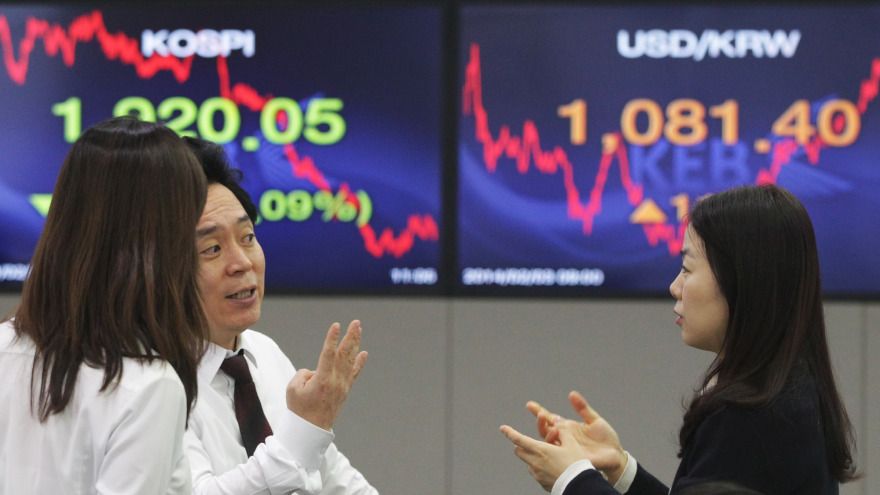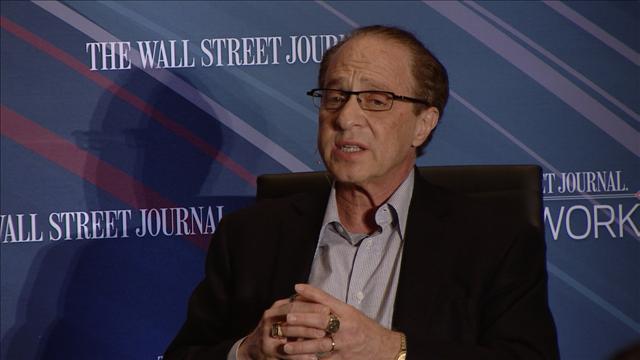Feb 10, 2014
DARPA And The Pentagon Are Working On Tiny Brain Robots To Help Soldiers With Memory Loss
Posted by Seb in category: biotech/medical
By Sam Maggs — Geekosystem
Not content with only building gigantic horror-bots that will one day rule your city with a literal iron fist, DARPA has teamed up with the Pentagon to get a little smaller - implantable-brain-robot smaller. Hopefully, this new project will help treat memory loss in soldiers injured in combat (and not turn them into weird DARPA-slavebots).
Though Medtronic Inc. (MDT) has already created robot brain implants to treat the symptoms of Parkinson’s, not much work has gone into using these robots to restore memories lost in traumatic injuries. DARPA is using funding from President Obama’s BRAIN Initiative to develop implantable probes that could apply this same Medtronic science to memory loss.















